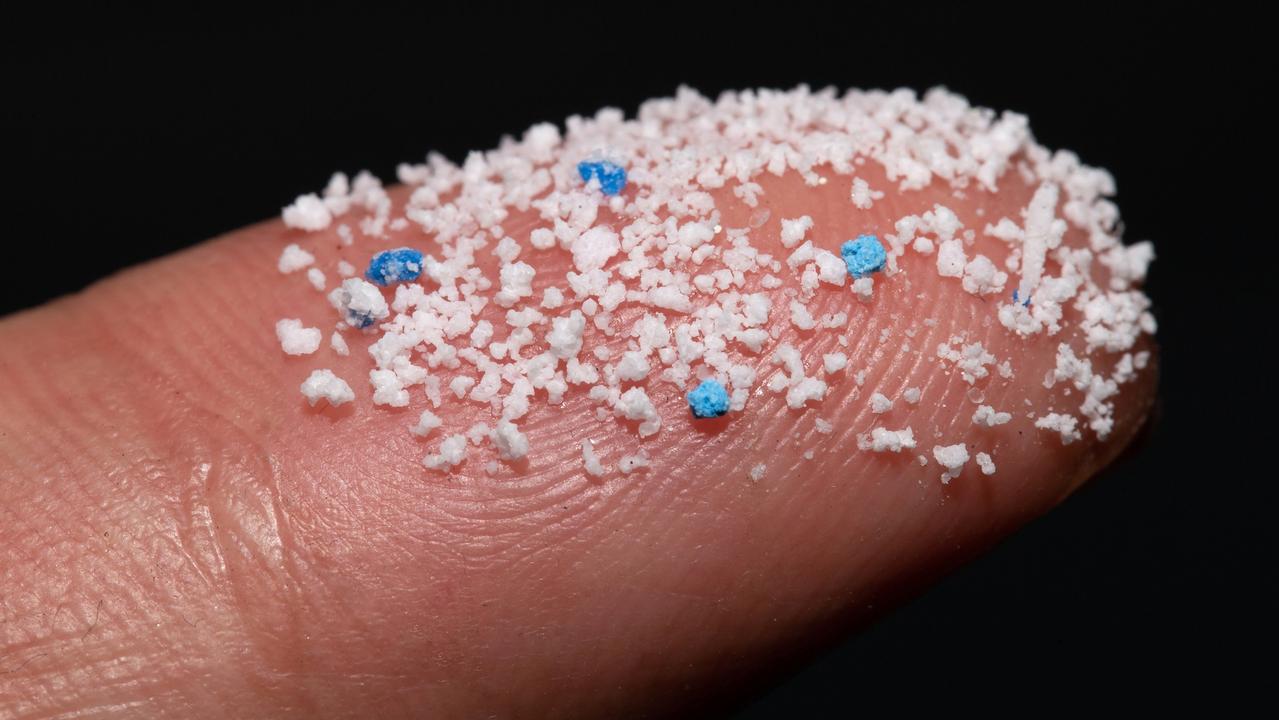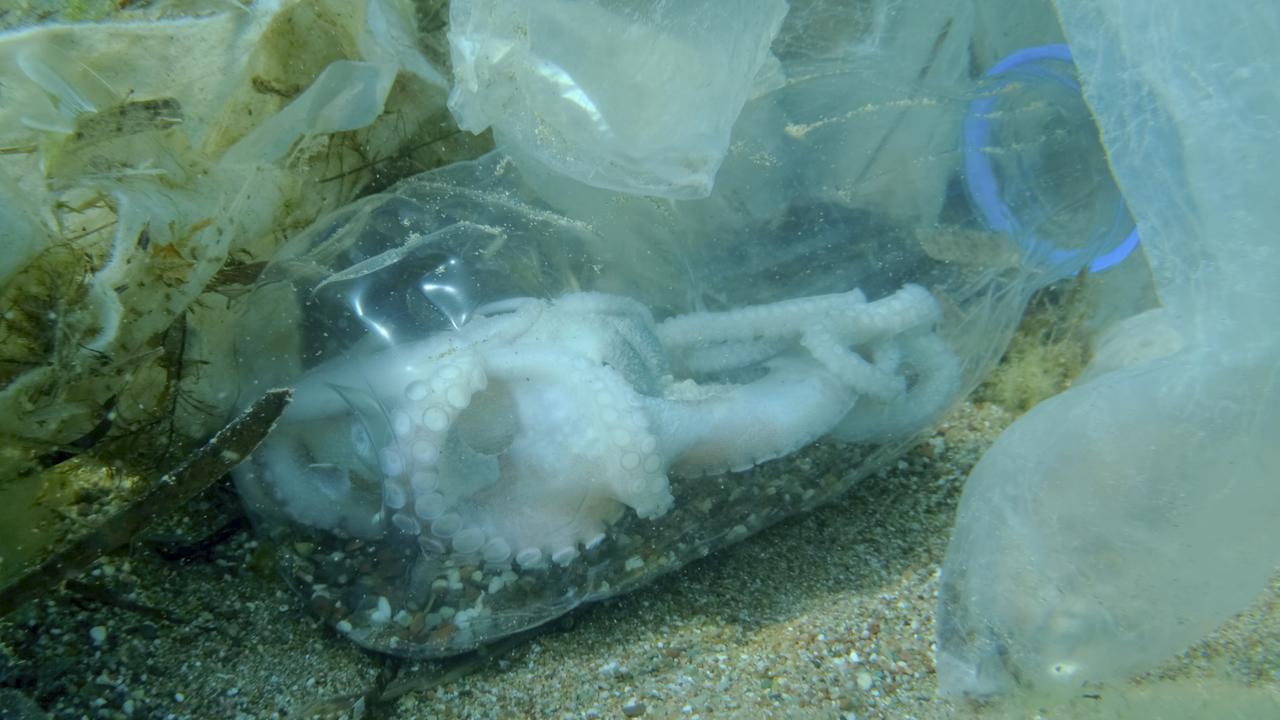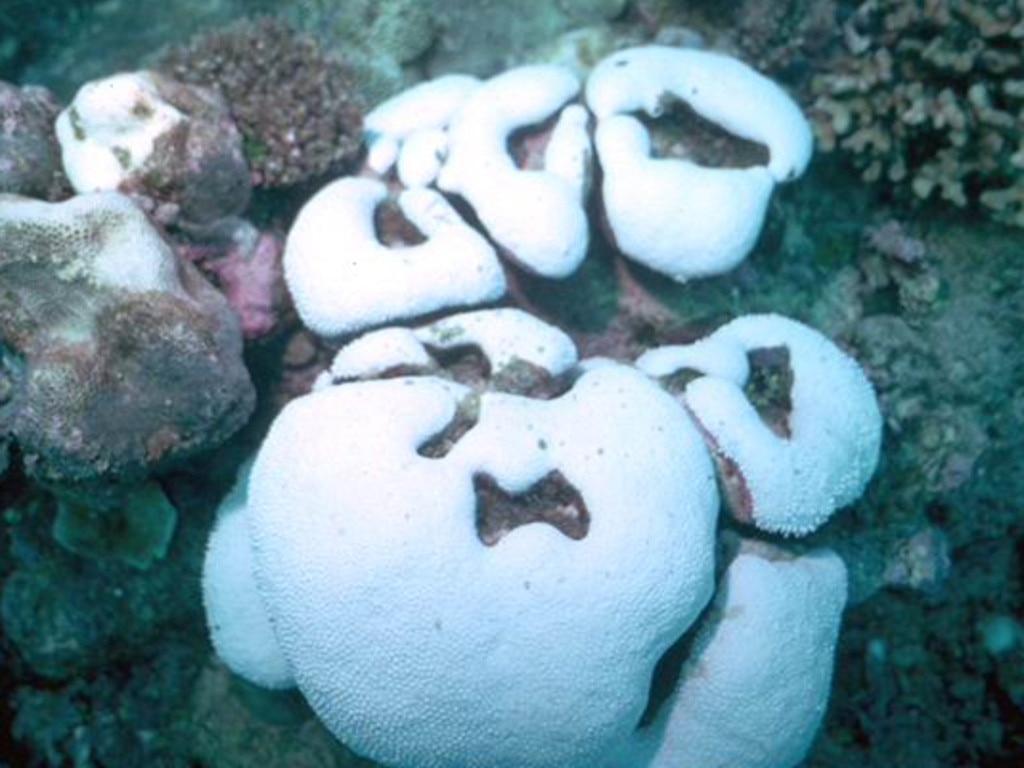Less polluting helps life on Earth, from plants and animals to people
2024 Junior Journalist competition entry – Primary School News Story (Print) category: Most of the Earth’s surface is water but it is under pressure as people dump trash that ends up in the sea

READING LEVEL: GREEN LEVEL
It’s very important that we keep our planet clean from rubbish and not pollute with cardboard and plastic as they do not break down. The rubbish can end up in the ocean where it can damage and hurt animals and their environment.
If we keep polluting, it could destroy our ocean and the coral that live there. Rubbish can also kill animals. Litter can trap animals on land or in the water. Being caught by plastic could potentially hurt, choke or possibly even cause the death of an animal. Stopping pollution in the sea would help our animals stay safe and stay clean.

Pollution is hurting our environment and sea creatures. Less than one per cent of the land on Earth has clean and safe air to breathe.
Most of our world is dealing with pollution that is affecting our people and animals. If we keep the air clean and stop pollution, it helps to stop it from spreading.

Cars and factories are filling our air with bad gases, which are unhealthy for us. The gases being released can cause significant health problems like lung cancer, stroke and heart diseases and make people really sick. By decreasing pollution in the air, it can help people be safe and healthy.
Air and water pollution are very serious issues that have a negative effect on our health and environment.

Air pollution occurs when smoke, chemicals and dust mix with air. These toxins can come from burning trash, cars and factories. Polluted air causes health problems and makes it hard to breathe. Air pollution contributes to climate change, leading to extreme weather and high temperature.

Water pollution happens when chemicals and substances are dumped into oceans and lakes. By dumping waste, it makes the water unsafe and dirty for people and animals. Both air and water pollution is dangerous to our ozone layer and the planet.
By reducing waste and taking care, we can help make a difference so everyone to have cleaner water and air.
Please note: Images were added to this Junior Journo competition entry by Kids News editors and edits applied for accuracy and as per publishing requirements and editorial guidelines on the site

